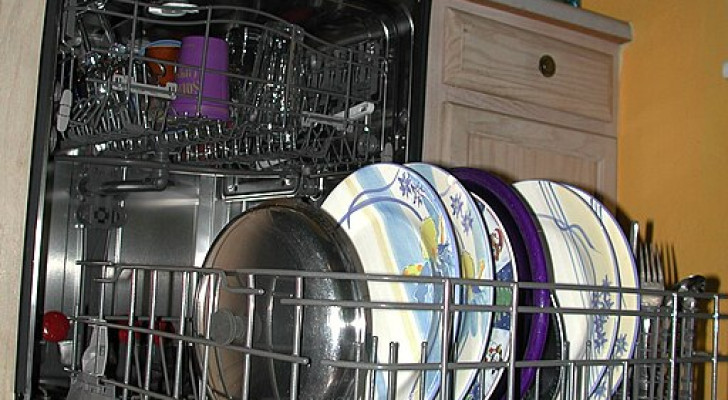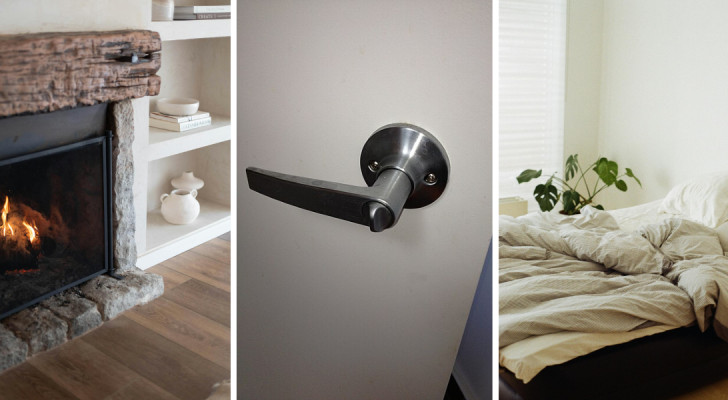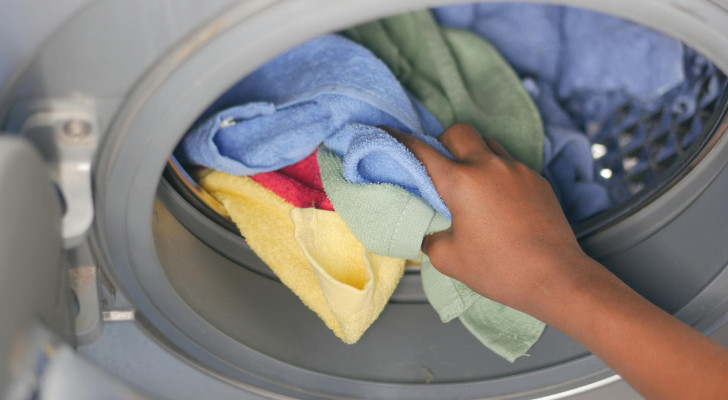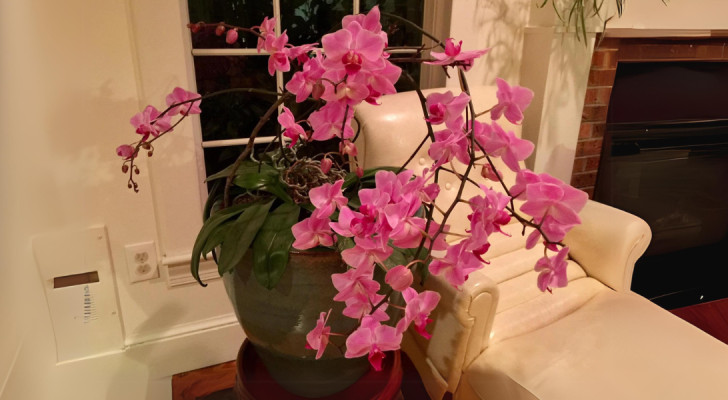Hydrogen peroxide and plant care: the benefits of using this product for your houseplant cultivation needs
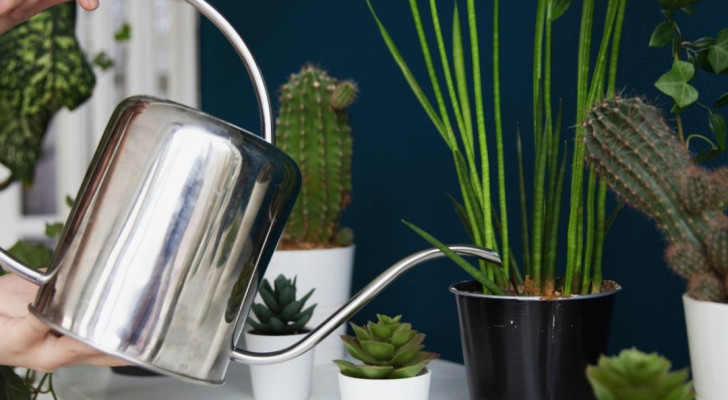
@plantloversunite_/Instagram
Houseplants help to liven up our homes by bringing "a little nature indoors", so keeping them in top condition ranks high on many home-owners priority lists.
That said, plant care products can also be very expensive and do not always provide the best results. Fortunately, however, there is an all-natural product you can use to protect your houseplants from parasites and encourage them to grow vigorously.
Did you know you can use hydrogen peroxide to take care of your houseplants? If not, keep reading:
Benefits of using hydrogen peroxide on houseplants
There are two main ways in which hydrogen peroxide can be useful for your plants:
- Its disinfecting action makes it an excellent product for eliminating parasites, fungi and bacteria that could be harmful for the plants;
- It will oxygenate the soil, making it more fertile and healthy and promoting the growth of beneficial bacteria and the plants' roots.
Hydrogen peroxide can deliver these benefits without causing any damage to your plants - provided that it is used at the correction dilution. Always use 3% (10 volumes) hydrogen peroxide which is readily available in pharmacies and supermarkets - higher concentrations could damage your plants.
Disinfect gardening tools with hydrogen peroxide
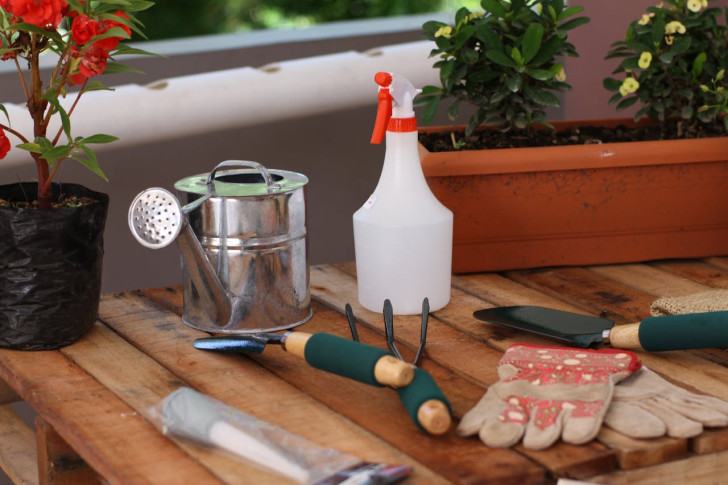
Emmanuele Najara/Pexels
Hydrogen peroxide is also perfect for disinfecting your gardening tools:
- mix 1 part hydrogen peroxide to 2 parts water in a large bowl;
- immerse your tools in this mixture for 5-10 minutes;
- rinse off and dry.
How to oxygenate soil with hydrogen peroxide
If you want to encourage your plants to grow vigorously and protect them from parasites, you can use hydrogen peroxide to oxygenate the soil:
- add hydrogen peroxide to water (in a watering can, for example) at a ratio of 1 teaspoon for each liter of water used;
- use this mixture to water the soil around your plants;
- repeat this watering every 3-5 days, while monitoring the health of your plants.
Eliminate bacteria, fungi and parasites with hydrogen peroxide
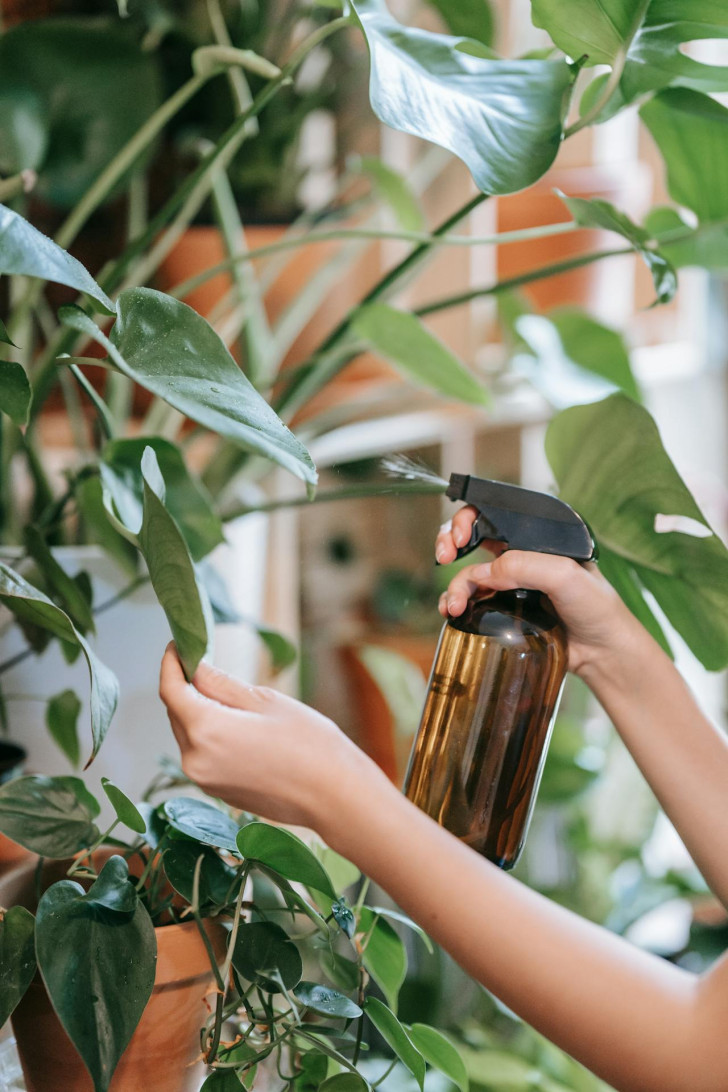
Sasha Kim/Pexels
Finally, hydrogen peroxide can also be be used to combat fungi, bacteria or parasites that might be on your plants:
- To eliminate parasites from the leafy parts of your plants, add 50 ml of hydrogen peroxide to 1 liter of water in a spray bottle; then, spray this mixture on the infested parts, proceeding from top to bottom;
- To deal with root rot, remove the plant from the soil and clean the roots thoroughly; then, saturate the root ball in a mixture of 2 parts water and 1 part hydrogen peroxide (and don't forget to disinfect the plant's container). Wait for the root ball to dry off completely before repotting the plant and watering it lightly.
Hydrogen peroxide to combat weeds
So, what if you have a weed problem? To eliminate weeds, you can use 10% (30 volumes) hydrogen peroxide, taking care to get it only on the weeds, and not your houseplants.
Spray the hydrogen peroxide onto the weeds and wait for them to dry out before pulling them up. Continue spraying the affected areas to prevent the weeds from returning.
Did you already know about these uses of hydrogen peroxide for plant care?
